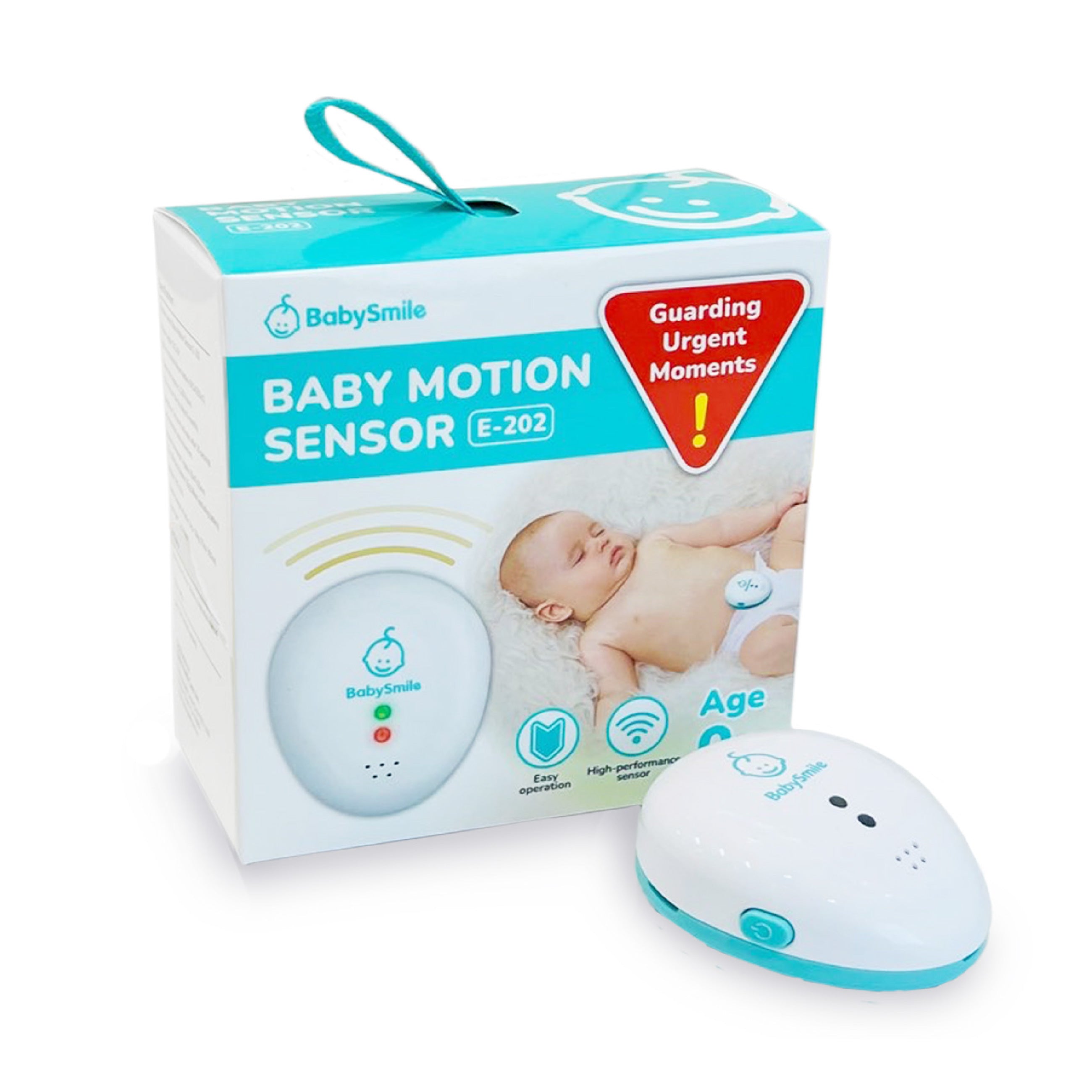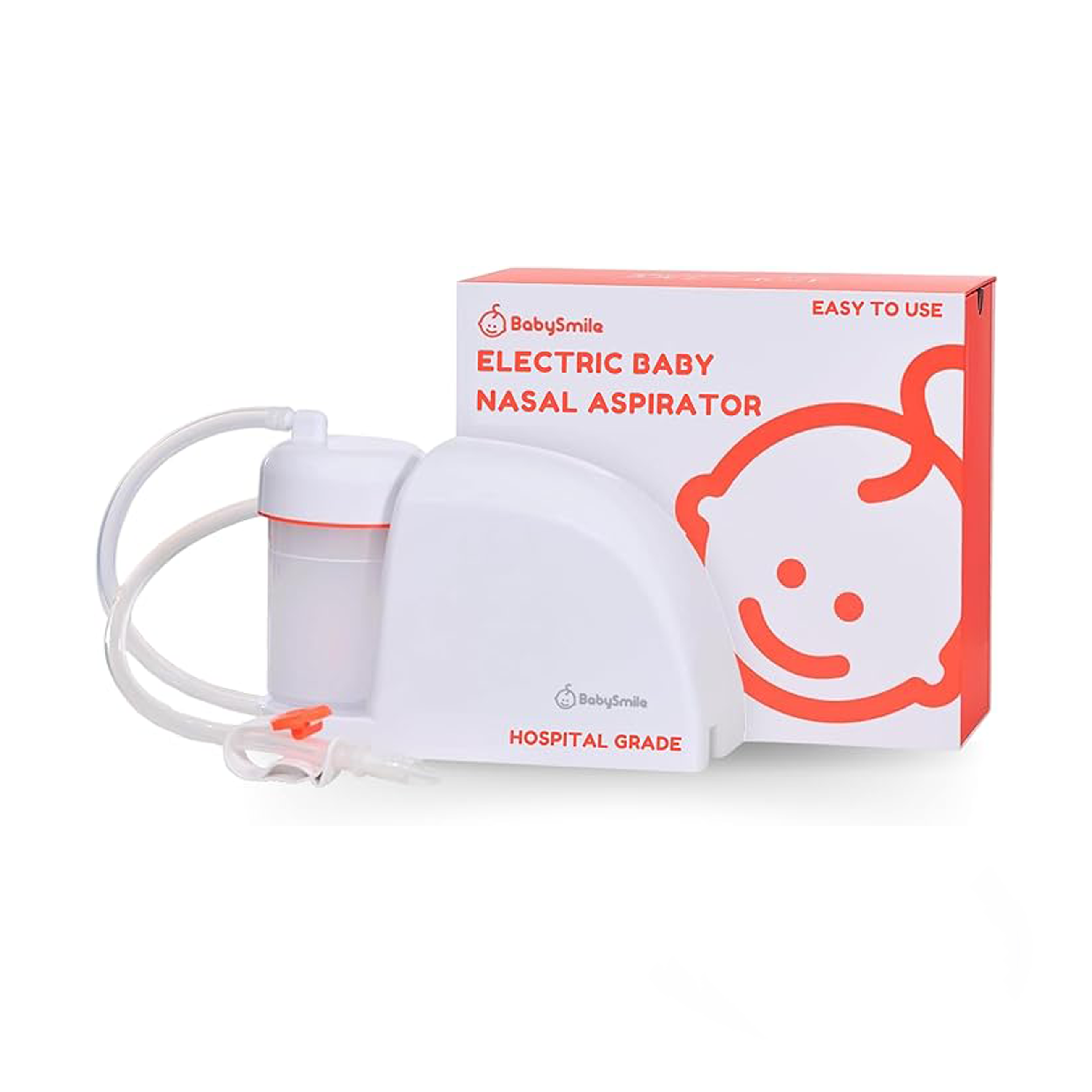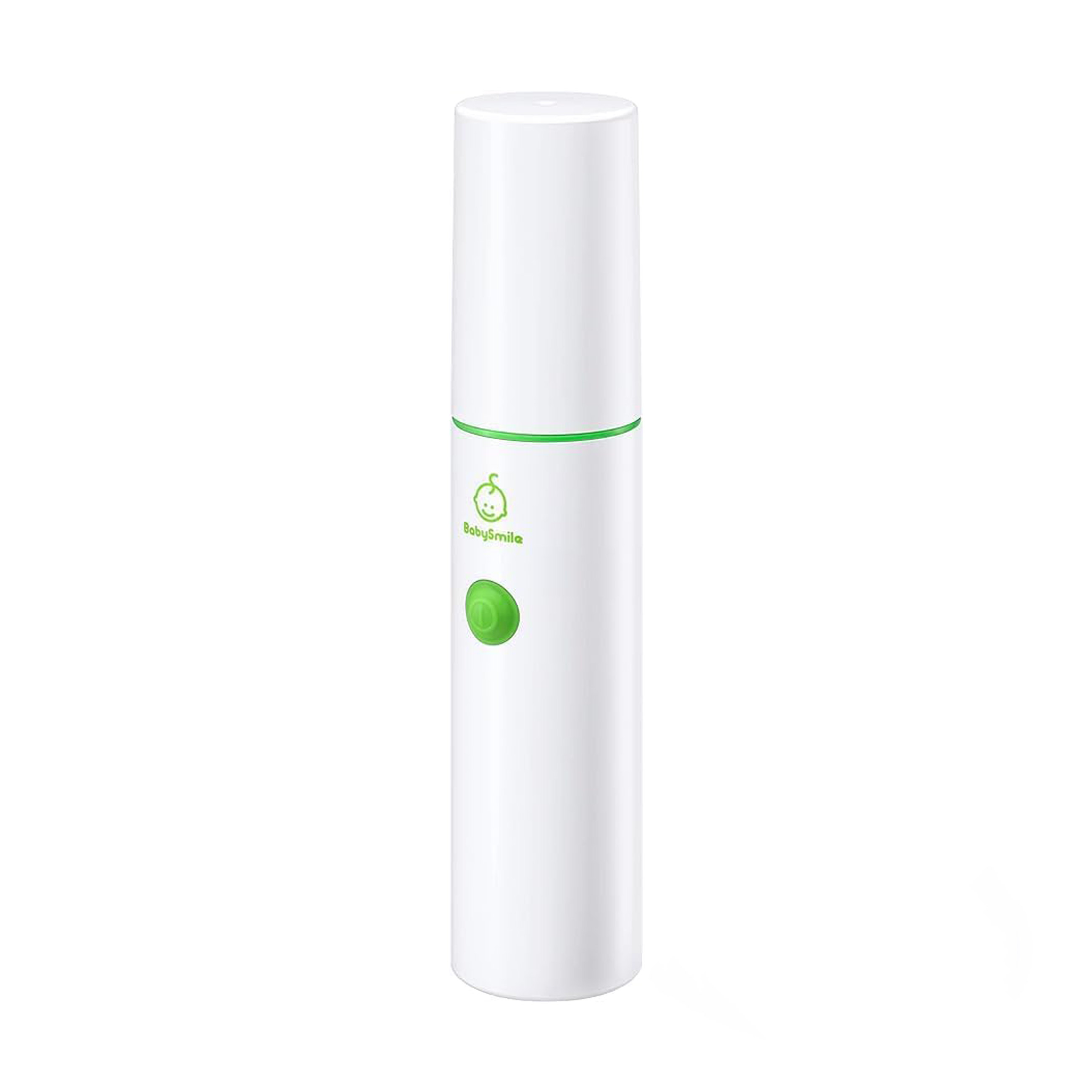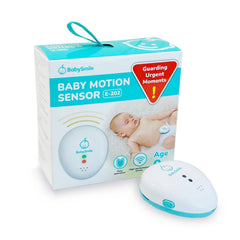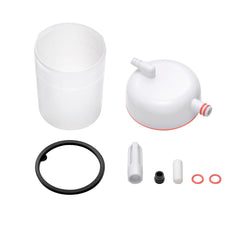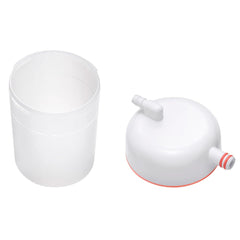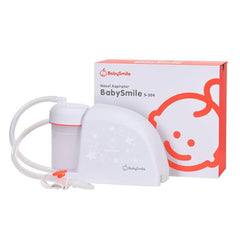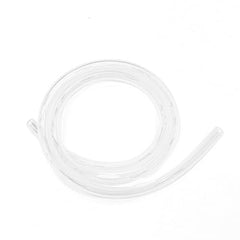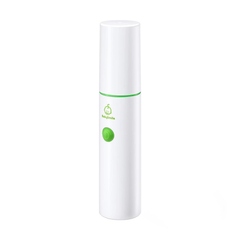Chickenpox is a highly contagious disease that primarily affects children under the age of 12. It’s not as common as it once was thank to the varicella vaccine which has significantly reduced the number of cases in the United States each year.
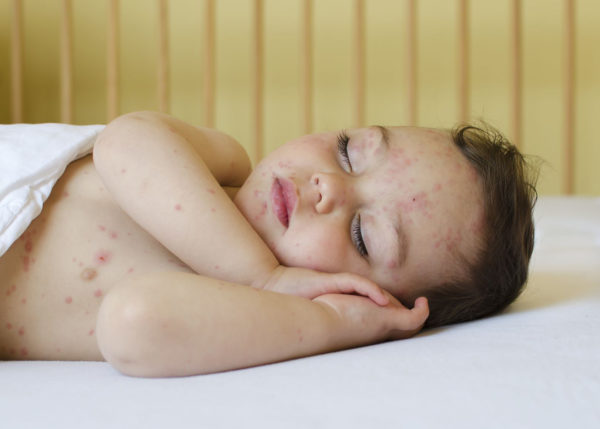
What Causes Chickenpox?
Chickenpox is caused by the varicella-zoster virus (VZV) which is easily spread through coughing, sneezing or breathing. It can also be spread via contact with chickenpox blisters. It can take 10 to 21 days from exposure for chickenpox symptoms to start.
Babies are born with some immunity to chickenpox from their mothers, so it’s rare for a young baby to develop it.
Even so, babies under the age of 1 can get chickenpox, but it’s usually a mild case.
Symptoms of Chickenpox
For healthy children, chickenpox is generally a mild illness. Symptoms include:
- A sore throat,
- Runny nose,
- Headache,
- Fever between 101â and 102â that lasts about five days,
- Small, red, fluid-filled blisters on the body.
The blisters are the most telltale sign of chickenpox, and it’s easy to mistake them for insect bites or pimples at first. The spots usually begin on the scalp, abdomen, face or back before spreading to the rest of the body.
Some children may have only a few blisters; others can have as many as 500. The average is about 200. The fluid-filled blisters eventually break open causing an open sore. They eventually scab over, but can be very itchy. Your child is contagious until all the blisters have scabbed over.
Should I Take My Baby to the Doctor?
Chickenpox is more of a nuisance than a threat to most children’s health. That’s because it takes a week or two for all the blisters to scab over. Only then should your child return to school or day care. Because chickenpox is so contagious, there’s also a good chance siblings who haven’t been vaccinated will get it, too.
If your child is in a high-risk group, you should consult a doctor. Very young infants (under 2 months) and children with weakened immune systems or skin conditions like eczema should see a doctor for chickenpox. Doctors might prescribe these children an antiviral medication. Pregnant women are also in a high-risk group. Unborn babies can develop birth defects or other complications if mothers contract chickenpox during pregnancy.
How Should I Treat Chickenpox at Home?
The blisters are quite itchy so children tend to scratch and pick at the spots. Not only can this cause scarring, but it can cause the blisters to become infected. To reduce discomfort and prevent scratching, dab calamine lotion on the spots. You can also:
- Bathe your child in a lukewarm bath as it will not make the blisters spread further,
- Put mittens or socks on your baby’s hands to prevent scratching,
- Pat your baby’s body dry after a bath; don’t rub the skin with a towel,
- Use over-the-counter acetaminophen or ibuprofen for chickenpox-related fevers of greater than 101â. Research shows children with chickenpox do better if fevers under 101â are left untreated. Never give a child with chickenpox aspirin as it can cause Reye’s Syndrome.
Some children develop blisters inside their mouth or in their genital area. These can be very painful and will make eating and going to the bathroom difficult. Consult a doctor if your child develops blisters in these sensitive areas.
Can I Prevent Chickenpox?
Yes. The varicella vaccine is 98 percent effective in preventing chickenpox so be certain your child receives this immunization between the ages of 12 and 15 months. Your baby will need a booster between the ages of 4 and 6. Additionally, you should practice good hand hygiene and keep your child away from people who are sick with chickenpox or other viral illnesses.

